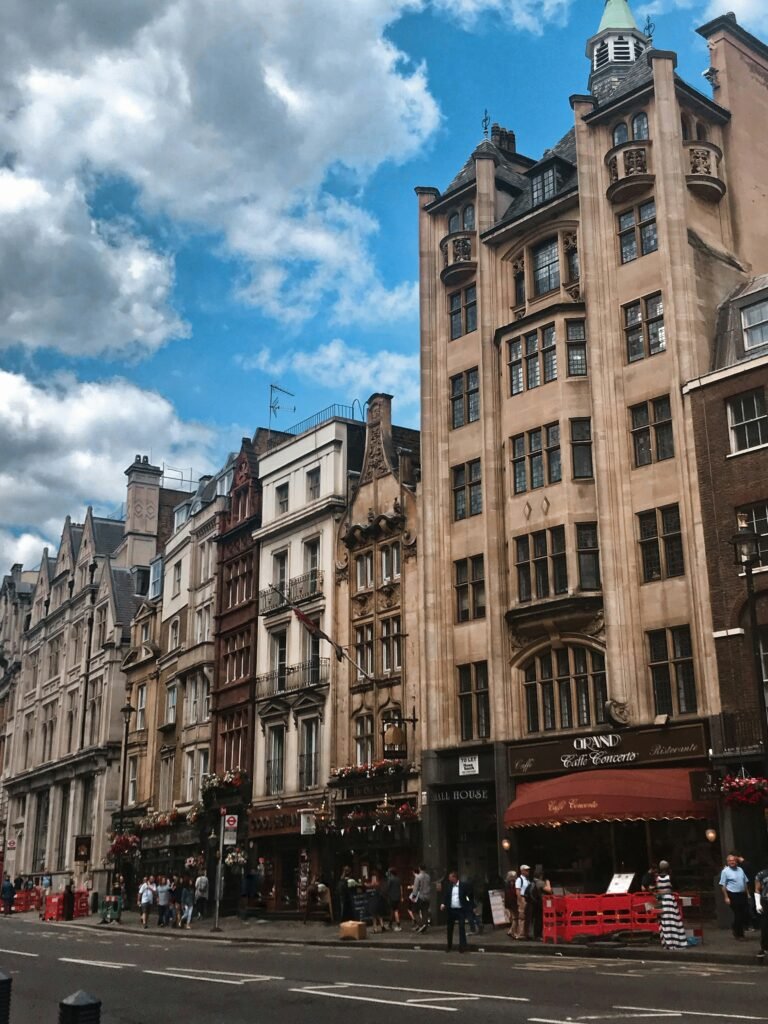Inflation in the UK has reached the Bank of England’s target for the first time in nearly three years, with prices rising at a rate of 2% in the year to May, down from 2.3% the previous month. This drop marks a significant milestone as the country approaches the general election on July 4, where the economy and cost of living are pivotal issues.

Key Drivers of Inflation Decline
The decrease in May’s inflation rate was primarily driven by a slight reduction in prices for food and soft drinks, as well as slower price increases in the sectors of recreation, culture, and furniture and household goods. However, rising petrol prices and food prices, which remain 25% higher than at the beginning of 2022, continue to challenge household budgets.
Political Reactions
The main political parties are emphasizing their strategies to control living costs:
- Conservatives: Claim that their “difficult decisions” are yielding positive results.
- Labour: Argue that financial pressures on families remain severe.
Interest Rates and Economic Outlook
The Bank of England is expected to maintain the interest rate at 5.25%, a 16-year high, for the seventh consecutive meeting. This decision comes as markets anticipate a potential rate cut in August. Despite the falling inflation rate, the cost of living crisis persists, with millions of households still struggling.
Housing and Mortgage Impact
Rising mortgage rates and rents add to the financial strain. Official figures show that average rents paid to private landlords in the UK increased by 8.7% in the year to June. Mortgage rates remain high as lenders await further decisions from the Bank of England regarding interest rates.
Comparative Inflation Rates
The UK’s current inflation rate is the lowest since July 2021 and lower than the rates in the eurozone (2.6%) and the US (3.3%) for May. However, inflation in the UK services sector remains high, which continues to be a concern for economists.
Expert Insights
Yael Selfin, chief economist at KPMG UK, noted that services inflation is still “uncomfortably high,” suggesting that the Bank of England needs to see a continued decline before considering a rate cut. David Bharier, head of research at the British Chambers of Commerce, indicated that May’s inflation figure adds weight to the argument for a potential interest rate cut in the near future.
While the recent drop in inflation is a positive development, the overall cost of living remains a critical issue for many households. The upcoming general election will likely focus heavily on economic policies and strategies to manage and reduce living costs.
FAQs
1. What caused the recent decline in the UK’s inflation rate?
The decline was driven by a reduction in prices for food and soft drinks, as well as slower price increases in recreation, culture, and furniture and household goods.
2. How has the political landscape reacted to the inflation news?
The Conservatives claim their decisions are proving effective, while Labour argues that financial pressures on families remain high.
3. What is the current interest rate, and what are future expectations?
The Bank of England’s current interest rate is 5.25%. Markets anticipate a potential rate cut in August.
4. How are housing costs affecting the cost of living?
Rising mortgage rates and rents are adding financial strain, with average rents increasing by 8.7% over the past year.
5. How does the UK’s inflation rate compare to other regions?
The UK’s inflation rate is currently lower than that of the eurozone (2.6%) and the US (3.3%) for May.








